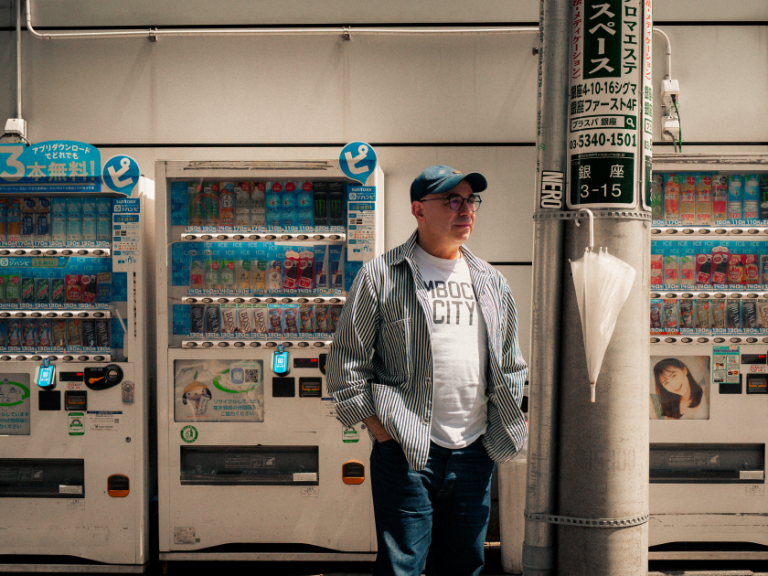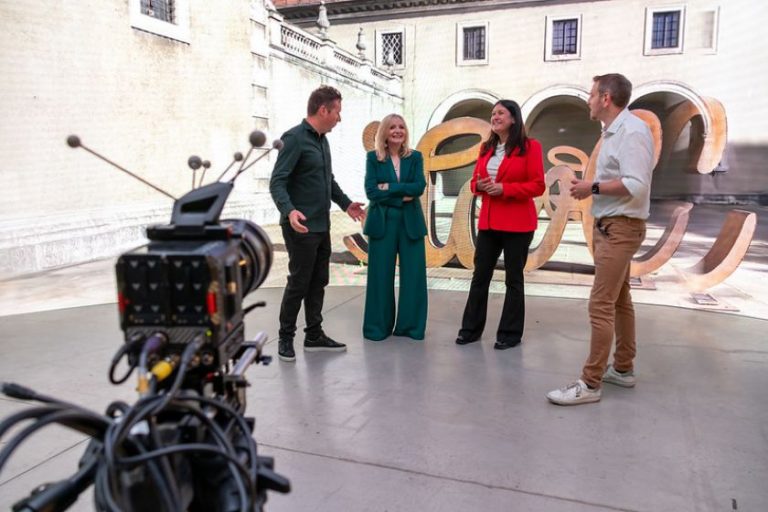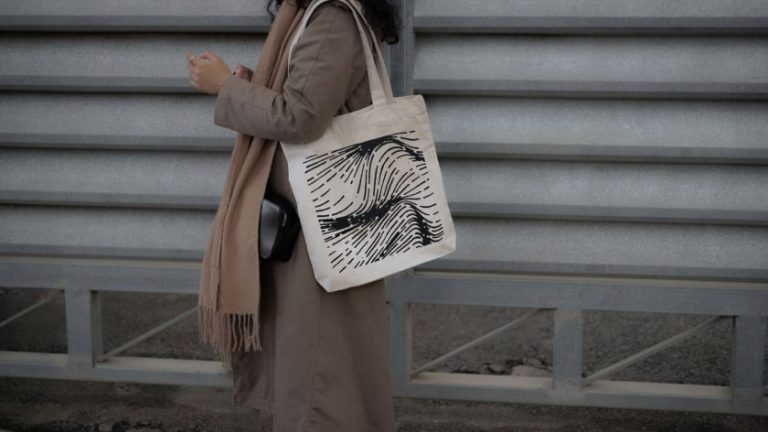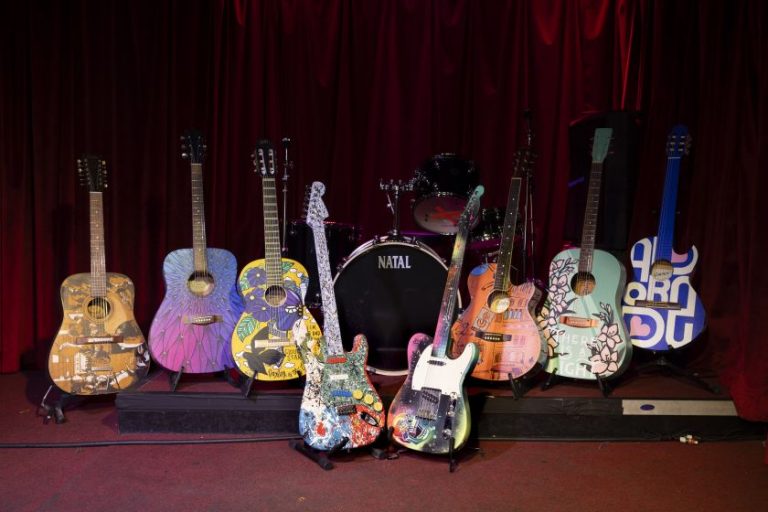Quebec-based audio studio DOKI DOKI specialises in creating original music and sound design for video games. With the help of advertising agency No Fixed Address, it’s launched with a visual identity built around sound.
Sound is the unsung hero of video games. While characters, story and gameplay draw players in, effective sound design helps to bring these virtual worlds to life and make them feel rounded and more enjoyable.
Whether it’s the waka waka sound of Pac-Man on his never-ending pursuit of cherries, or the tune that plays when Mario grabs a Super Star power-up, video games have a rich sonic history just waiting to be tapped into. And that’s just what No Fixed Address has done for the new full-service audio studio, DOKI DOKI.
Founded by President Michel Labrecque, DOKI DOKI claims to “see sound differently”. Specialising in creating music and multiplatform sound design for video games, DOKI DOKI is named after the Japanese onomatopoeia for a heart-pounding feeling of excitement. It’s all part of a striking identity that sells the importance of sound through visuals, animation, and wordplay.
Selling the importance of sound visually, though, is no mean feat. So Michel turned to No Fixed Address to create an identity from scratch. When drilling down into what made his perspective of the audio studio different, the agency’s strategy teams quickly focused on organic conversations about how personal the project was to Michel, resulting in close-knit collaboration.
For Stuart Macmillan, executive creative director at No Fixed Address, the concept of ideophones and onomatopoeia would prove to be the jumping-off point for the identity. “We had been looking at the history of the Japanese video game industry as part of our research, so when we uncovered the phrase DOKI DOKI (used to describe the sound of a fast-beating heart), we all fell in love,” he explains.
“This naturally led us to start thinking about how onomatopoeia was an interesting way to express sound visually.” From there, No Fixed Address took these video game onomatopoeias and used them to create graphics. Waka waka itself became the outline for a giant Pac-Man graphic, effectively communicating how the character’s iconic movement and audio work together.
Meanwhile, DOKI DOKI was written vertically, taking the shape of two humanoid characters. These assets not only represent a pair of players navigating their way through video game sound design, but they also tap into the spirit of collaboration within the brand identity.
“One of the most important things Michel wanted to express was the importance of creative collaboration on every project they work on,” says Jean-Philippe Dugal, creative director and designer at No Fixed Address. “This is also the best proof of how they see sound differently. They don’t just take a brief from a client and then shut themselves away in the studio for weeks to work in isolation.
“They collaborate throughout the entire process, with each other, with their clients, with different artists and technologists, building audio universes that are as distinctive as the visual ones their clients create. We wanted to ensure we found a way to put this at the heart of the brand, so it became obvious how we could do that when we started visualising the name.”
As for the identity’s striking red and black colour scheme, which echoes shades of the display seen on the Virtual Boy, Jean-Philippe reveals that this was a very conscious choice. “We looked at the colour codes of the video game industry, and the competition and started refining the palette through a process that ensured the brand would stand out yet still feel credible in the space,” he says.
“The specific colours, like Bright Red, and their relationship to each other were analysed and discussed (a lot), making sure they popped in print, online, and on social media.”
To further underline the credibility at the heart of the identity, the creative team delved into the video game industry’s sonic heritage. “We’re all gamers to some extent (some more than others), but our strategy team did a deep dive into the world to make sure we were authentic without being too niche,” says Stuart.
“There are so many different kinds of games available today, but the iconic foundational arcade games of the late ’70s and early ’80s still resonate with everyone in the industry today. Especially what they sounded like.”
Using familiar imagery from games like Pac-Man, Pong, and Galaga is a shrewd creative choice. By trading on the sonic successes of the past, No Fixed Address subtly leaves it to the audience to understand why sound is so important in computer games.
And fortunately, these allusions didn’t land the studio in hot water regarding copyright. “These early games are so iconic that we only had to hint at the visuals to ensure that everyone would instantly hear the same sound in their imaginations,” Jean-Philippe concludes.










